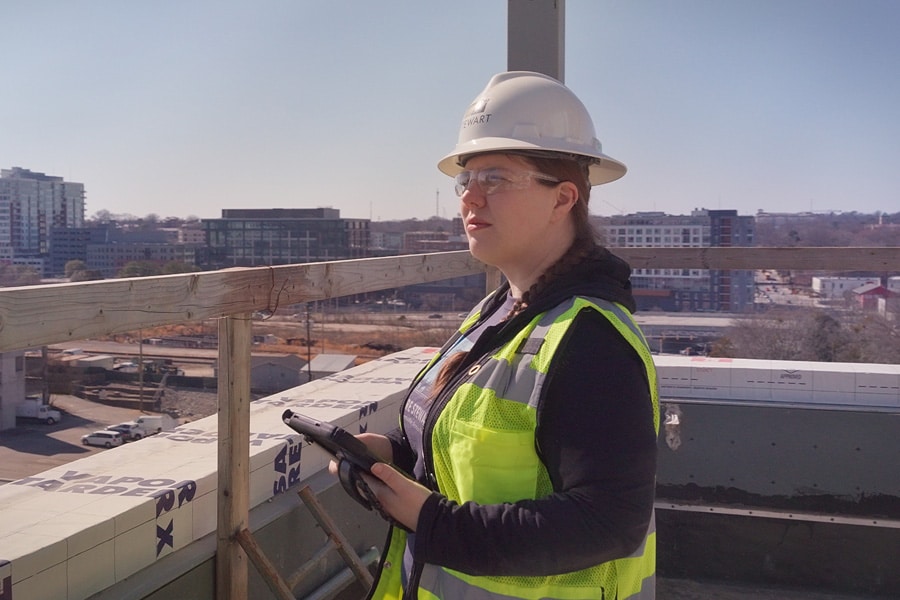Wage theft and insurance fraud are nothing new in construction, where some dishonest contractors have long thrived by under-paying subcontractors and under-reporting employees and salaries to workers compensation carriers, often shielding themselves from liability by hiring employees through labor brokers—individuals or LLCs that recruit laborers and contract them out to employers.
But workers’ associations say that the practice, once largely confined to southern states like Florida and Texas, is spreading, and now affects nearly every region of the country and every sector of the construction industry. Wage theft and tax fraud in the construction industry impacts every American: The United Brotherhood of Carpenters and Joiners of America (UBC) estimate that it costs taxpayers some $2.6 billion a year in lost revenue—money which might have otherwise gone toward roads, schools and other public infrastructure. Illegally operating labor brokers routinely prey on immigrant populations and undocumented workers in particular who have no recourse when labor brokers target them for exploitation.
Contractors and subcontractors that hire labor brokers rely on those brokers to pay workers, withhold taxes and provide workers’ comp coverage. But unscrupulous brokers keep costs low by misclassifying workers, paying them under the table, or worse, not at all.
“Typically [dishonest] brokers either call folks independent contractors or they simply don’t report their income,” says Matt Capece, the representative of the general president of UBC. “Most of the time, they don’t report their income to state and federal taxing authorities or to workers comp carriers.” For every laborer who is misclassified as a contractor instead of a fulltime employee with benefits, there are sometimes three or four workers who are paid off the books entirely—if at all.
As the state that consistently tops the list for most construction workers, abuse tends to be rampant in California. (The same goes for states like Texas and Florida.) But wage theft and tax fraud via crooked labor brokers is increasingly widespread.
“These types of things happen in almost every imaginable construction project you can find,” Capece says. It’s not just isolated to the non-licensed trades, small-scale contractors or residential projects. “We find this activity on jobsites that are under the supervision or control of the largest general contractors and construction managers in the country,” he says.
Long a problem through the American South, dishonest labor brokers are now gaining a foothold in the Northeast as well, according to Capece. “They take over entire markets,” he says.
Contractors need labor, and brokers can provide it at a low cost, shaving 30% or more off of labor costs, which can help the contractors that use them underbid their competitors in tough markets.
There are actions that honest contractors can take to protect themselves and their employees. Capece counsels contractors to ask questions of their brokers and to police their subcontractors: Do they pay by cash or check? Do they take out taxes? Do they have all their workers comp documents up to date?
And when shady businesses are unfairly underbidding, put workers’ associations on notice. “You better be going to your associations and complaining until you’re blue in the face about how you’re being underbid by people who cheat,” says Capece.
But the real problem is that contractors who support crooked labor brokers, knowingly or otherwise, rarely face any serious consequences. Law enforcement and workers comp enforcers often go after labor brokers, because they’re the low-hanging fruit. But if one broker faces charges for exploiting workers, another can step in to fill the void, and often labor brokers just change their name and continue operating.
“I know a group of drywall contractors that use a labor broker whose been through five different identities, who has been caught violating the law by the United States Department of Labor and by the state workers comp bureau, but they still use the same guy. He just changes his name and keeps going, and this contractor builds churches, university buildings,” Capece says.
Until specialty contractors are held liable, the problems posed by nefarious labor brokers will continue, according to Capece. It’s a sentiment echoed by federal regulators as well. “Until we have the authority to hold U.S. employers accountable when they rely on unscrupulous labor recruiters, our ability to deal with these practices remains limited,” a Department of Labor spokesman told Reuters in 2016.
Some regions are better equipped to deal with this kind of fraud than others. California and Florida have strict criminal and civil penalties for fraud—but those laws are only effective if they are enforced. “People around the country ask me, ‘What kind of law should we use?’” Capece says. “I say, ‘Use Florida law,’ but 90 percent of the work is bad in Florida, and that’s because the bad guys, they’ve overwhelmed law enforcement.”
The UBC is hopeful that raising public awareness of the issue could convince local governments and law enforcement to expend more resources toward ending this kind of fraud.















